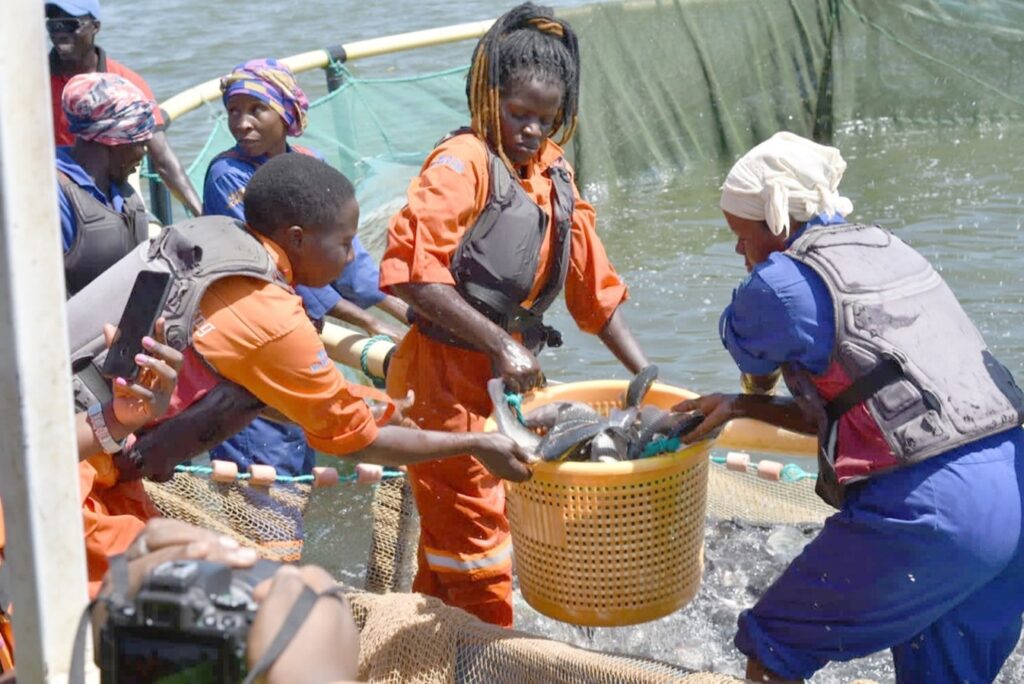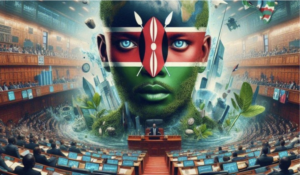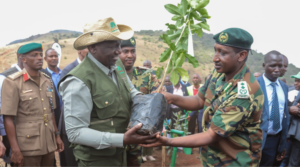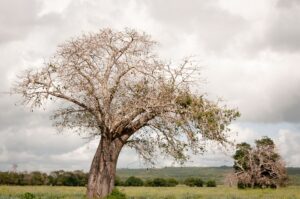Author: Savannah Anderson
The 30,490 km of African coastline sets the scene for the way of life for a multitude of small-scale fishing communities who depend on these coasts for their livelihood. Small-scale fisheries contribute significantly to the socio-economic landscape in Africa. It is estimated that 10-20 million people rely on the fisheries industry as their primary source of income and an additional estimate of 90 million people depend on fishing as part of varied income-generating strategies. Additionally, 200 million Africans are estimated to rely on seafood as an affordable protein source, the majority of which is supplied by small-scale fishers.
It is well known that women play a large role in the fisheries industry throughout the African continent, however by the hand of traditional gender roles, economic setbacks, discriminatory practices, and misrepresented data this contribution is mostly undervalued. The roles that women play within the fishing industry vary across a broad spectrum and are often shaped by the target species of the fishery, which fluctuates drastically throughout the continent and is dependent on local oceanography and climate.
Women are often the major stakeholders involved in post-harvesting activities of small-scale fishery outputs: which include processing, distribution, marketing and selling of maritime products. Roughly half of the contribution that small-scale fisheries make to Africa’s growth domestic product is derived from post-harvesting activities. This illustrates how women are key players in the delivery of products to the market and thus makes them an indispensable component of the socio-economic growth within coastal African countries.
Additional examples of the roles that women play within the small-scale fishing industry in Africa include active fishing in regions where crustaceans are the target taxa, inter-tidal harvesting of resources such as mussels, oysters, seaweeds, seashells and octopuses, boat ownership, aquaculture practices, loan engagements, sales, and decorative and artistic derivations of maritime product such as ‘Onyoka’ jewellery. On top of these responsibilities’ women are expected to uphold and manage household responsibilities and often receive less pay for the same work.
Since the inception of modernized formal education, women have been the victims of systemic handicaps. Education for women in Africa has historically – and in some regions still is – seen as a means to prepare them for household duties, emphasising their role within a social and familial context, rather than an economic one. As a result of the disproportionate education and time dedicated to household responsibilities – given to and expected of men and women – many women lack the skills they require to reclaim their roles within society and stand up against economic regimes and societally dictated ‘gender roles’.
It has been found that women are under-represented in planning and policymaking in the context of the small-scale fishing industry. In this way, women are not only fighting societal expectations and the consequences of sexism (such as gender-based violence and abuse) but are also the victims of legislative-level misrepresentation.
There exists a multitude of solutions to the problem of the undervalued and underpaid contribution of African women to small-scale fisheries. Policymakers who wish to improve on and remediate this issue must ensure that they fully understand and conceptualize the inner workings of the societies within specific small-scale fishing communities. The collection and analysis of gender-disaggregated data is imperative in developing a baseline to which the contribution of women to the small-scale fishing communities across Africa can be compared. Additionally, the inclusion of women in governance and decision-making roles is vital to ensuring that policies and laws speak for, and of women participants.
There exist clear steps that can be taken by the governments of coastal African countries that ensure that the role of women within small-scale fisheries is not only recognized but also rewarded. It will however take the courage, and effort, to act on these steps to achieve this.
In conclusion, I will refer to a quote stated by Stella B. Williams: “Unless this development process is changed, women will continue to suffer inequality and discrimination”.

